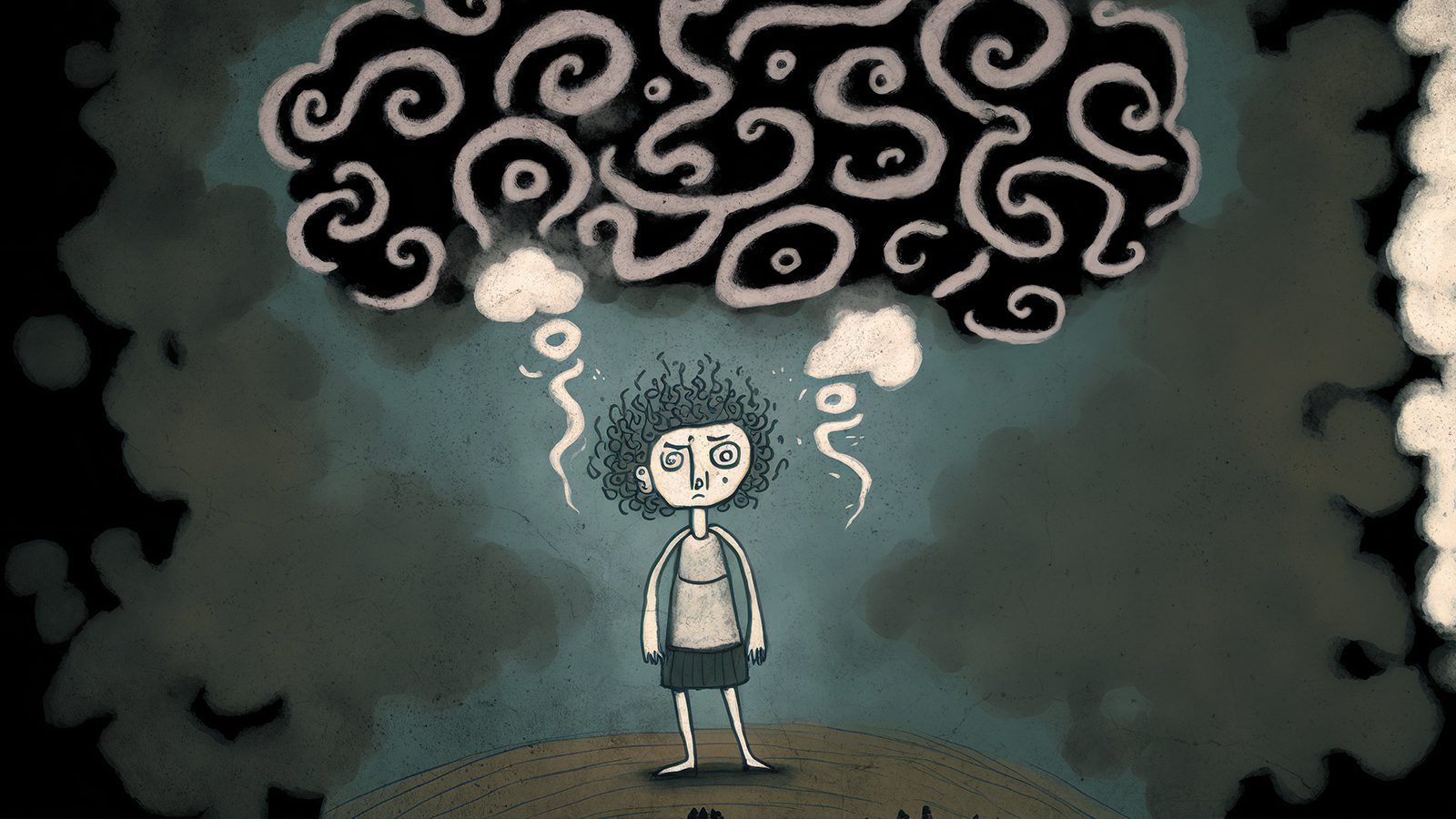Narcissism and psychopathy are two personality traits, mainly used to describe narcopathy, that can significantly impact a person’s behavior and relationships with others. While these traits are well-known, there are many subtle aspects of these behaviors of a narcopath that most people don’t realize. These traits can combine to create a “narcopathic” personality, which can be incredibly dangerous for those around them.
It is essential to understand these traits to protect oneself and those in danger. Narcopathic individuals can display a range of behaviors that may seem harmless at first. But they can quickly escalate into dangerous situations. These individuals may have a superficial charm that allows them to manipulate and control others.
They usually also have an inflated sense of self-importance and entitlement. They may also lack empathy for others and have a limited range of emotions. This makes it difficult for them to understand or care about the feelings of others. In addition, narcopathic individuals may engage in criminal behavior without feeling guilt or remorse.
They may have a strong need for control over situations and people around them. It is essential to recognize these warning signs to protect oneself and others from potential harm. By gaining a deeper understanding of these traits, you can take steps to avoid being manipulated. You can also better understand what makes narcissism and psychopathy so dangerous.
10 Narcopathic Traits Most People Don’t Realize
1. Narcopathy Means Superficial Charm
Narcopathic people are skilled at presenting charming and likable personalities to others. But their intentions are often manipulative and self-serving. They may use this charm as a tool to gain the trust and admiration of others. This allows them to exert control over them. It is essential to be aware of this facade and not to take it at face value. The pretty outside may hide a darker, more manipulative side of the individual’s personality.
The superficial charm that narcopathic people display is often described as being incredibly persuasive and magnetic. They can be skilled at engaging in small talk and putting others at ease. This allows them to gain the trust and admiration of those around them. Narcopaths often have a way with words and may use this skill to manipulate others into doing what they want.
2. Grandiosity
Narcopaths have a grandiose sense of self-importance and believe they are superior to others. They may exaggerate their achievements, talents, or abilities and demand admiration and praise from those around them. This behavior can be seen as a form of self-aggrandizement. The individual seeks to inflate their self-worth and importance in the eyes of others.
Narcopaths may also have an exaggerated sense of entitlement, believing they deserve special treatment or privileges that others do not. They may demand loyalty and devotion from those around them. But they become angry or resentful if they do not receive the attention or respect they deserve.
3. A Narcopath Has a Lack of Empathy
Another sign of narcopathy is a limited capacity for empathy. This can make it difficult for them to understand or care about the feelings of others. They may see other people as objects to be used for their benefit. They often don’t view others as individuals with their thoughts, feelings, and desires. This trait also indicates that someone may be a sociopath, which is an even more dangerous issue. So, you should always try your best to avoid such people.
This lack of empathy can manifest in several ways. For example, a narcopathic individual may be unable to recognize the emotional impact of their actions on others. Or they may disregard the feelings of others in favor of their desires. They may also lack remorse or guilt for their harmful actions toward others. This is often because they are more concerned with their needs and desires.
4. Narcopathy Causes Manipulative Behavior
Narcopaths are often skilled at using a variety of tactics to manipulate and control others to get what they want. These tactics include charm, lies, manipulation, intimidation, and coercion. For example, a narcopathic individual may use their charm and charisma to gain the trust and admiration of others. This allows them to manipulate and control them. They may also use lies and manipulation to distort the truth and convince others to do what they want. Sometimes, they may use intimidation or coercion to force others to comply with their demands.
These tactics can be incredibly dangerous for those around them, leading to abuse, exploitation, and harm. It is essential to recognize these warning signs of manipulation and control when interacting with individuals who may exhibit narcopathic tendencies.
5. A Narcopath Displays a Lack of Remorse
Often, narcopaths have a limited sense of responsibility for their actions. They may not feel guilt or remorse for the harm they cause to others. They may tend to blame others for their own mistakes or to minimize the impact of their harmful actions. In some cases, a narcopathic individual may even take pleasure in causing harm to others.
This lack of empathy and sense of responsibility can make it difficult for them to form genuine connections with others. It’s usually the case that they can’t engage in healthy relationships. If you start hanging around someone with narcopathy, you may quickly feel used, manipulated, or mistreated.
6. A Narcopath Needs Control
Narcopathic people often strongly desire to control situations and the people around them. They may try to exert control over others through manipulation, intimidation, or coercion, among other tactics. This desire for control can manifest in several ways. Narcopaths may try to control the behavior of those around them. They dictate how others should act, what they should wear, or who they should associate with. They may also try to control the information that others can access by withholding information or spreading misinformation.
In some cases, narcopaths may even try to control the thoughts and emotions of those around them. They usually do this by gaslighting or manipulating tactics to make them doubt their perceptions or experiences. This can make it difficult for people to trust their instincts or seek help if mistreated.
7. Narcopathy Increases Impulsivity
If an individual is struggling with narcopathy, they’ll act impulsively without considering the potential consequences of their actions. They may engage in risky behaviors without regard for their impact on themselves or others. This lack of consideration for consequences can manifest in several ways.
Narcopaths may engage in reckless or irresponsible behavior, such as driving under the influence or spending money impulsively. They may also make impulsive decisions that have significant negative consequences. Such a decision may be quitting a job without a backup plan or ending a relationship out of the blue. In some cases, narcopaths may even engage in criminal behavior without regard for their actions’ potential consequences.
8. A Narcopath Feels Entitled
Narcopaths may feel entitled to special treatment or privileges others do not receive. They may believe they deserve success, attention, or resources more than others around them. This sense of entitlement can manifest in several ways. Narcopaths may expect to receive preferential treatment, such as promotions at work or special privileges in social settings. They may also believe that they are above the rules and laws that apply to others. As such, they may engage in unethical or illegal behavior without any sense of guilt or remorse.
In some cases, this sense of entitlement may be driven by a belief that they are inherently superior to others. Or it can be because they believe they have a unique destiny or purpose that justifies their behavior. This can make it difficult to understand why their behavior is harmful or unacceptable.
9. Shallow Emotions
Having a limited range of emotions and not experiencing deep feelings like love or empathy is a sign of narcopathic behavior. Such people may have difficulty understanding or relating to the emotions of others. They may have a shallow emotional response to situations that elicit strong emotions in most people.
This lack of emotional depth can manifest in a few ways. Narcopaths may have difficulty forming genuine emotional connections with others. They often struggle to maintain close relationships over time. They may also lack empathy for others and have trouble understanding or caring about those around them. Sometimes, this emotional shallowness may be driven by a fear of vulnerability or a desire to maintain control.
10. Narcopathy Emboldens Criminal Behavior
Narcopaths may engage in criminal activity without feeling remorse or guilt. They may engage in criminal behavior, including theft, fraud, and violence. Often, they feel justified in their actions or believe that the rules don’t apply to them. In some cases, this criminal behavior may be driven by a desire for power or control over others. A sense of entitlement can even cause it to the resources or possessions of others. Narcopaths may also engage in criminal behavior to seek attention or to prove their superiority over others.
It is important to note that not all narcopaths engage in criminal behavior. Not all criminal behavior is motivated by narcopathic tendencies. However, when criminal behavior is combined with other warning signs of narcopathy, it can be a red flag for potential danger.
Final Thoughts on Some Hidden Signs of a Narcopath
Narcopathic traits can significantly impact a person’s behavior and relationships with others. Some traits, such as entitlement and a lack of empathy, are more well-known. But there are many subtle aspects of these behaviors that most people don’t realize. These traits can combine to create a dangerous and destructive personality that can harm those around them.
By being aware of these warning signs, you can take steps to protect yourself from potential harm. You can also avoid being taken advantage of by individuals who exhibit narcopathic tendencies. Seeking help and support is essential if a narcopathic individual has harmed you. Keep in mind that recovery can be a difficult and complex process.
Through education and awareness, society can work to create a safer and more empathetic society. Thus, the world can become where individuals are held accountable for their actions and encouraged to develop healthy relationships.

















 Community
Community

